Inflation has surged yet again.
December's numbers from the Bureau of Labor Statistics show the consumer price index (CPI) had increased by 7% from one year ago, the fastest rate since June 1982. (RELATED: Here's Exactly How Biden Inflation is Robbing You)
The increase matched economists' predictions.
Of course, that didn't make the sting from the announcement any less painful:
🚨 WOW 🚨 December inflation off the charts
— Rep. Andy Barr (@RepAndyBarr) January 12, 2022
❌ Consumer Price Index up 7%, largest increase in forty years
❌ Core inflation (subtracts food & energy costs) up 5.5%, highest in over two decades
Even @MSNBC knows Biden's economic agenda is a total failure ⬇️ pic.twitter.com/dk4fQMCEoS
The CPI evaluates the prices of many goods and services.
The core CPI, which excludes food and energy prices because of their relative volatility, rose 0.6% in December, equating to a 5.5% annual increase. For core inflation, that represents the most significant increase since February 1991.
CNBC further reports:
Despite the strong gain, stocks rose after the news while government bond yields were mostly negative.
“The December CPI report of a 7% increase over the last 12 months will be shocking for some investors as we haven't seen a number that high” in almost 40 years, said Brian Price, head of investment management at Commonwealth Financial Network. “However, this print was largely anticipated by many, and we can see that reaction in the bond market as longer-term interest rates are declining so far this morning.”
SEE ALSO: ‘Surprised' Biden Unsure of How to Deal With Skyrocketing Inflation
What Will the Fed Do in Response?
At the same time, the Federal Reverse Board continues to monitor the inflation data. Experts expect the Fed to raise interest rates multiple times this year.
Although the hikes are suppose to combat inflation, they make the cost of borrowing money more expensive. That hurts both businesses and consumers and is especially damaging to small and medium-sized businesses.
“This morning's CPI read really only solidifies what we already know: Consumer wallets are feeling pricing pressures and in turn the Fed has signaled a more hawkish approach. But the question remains if the Fed will pick up the pace given inflation is seemingly here to stay, at least in the medium-term,” said Mike Loewengart, managing director for investment strategy at E-Trade. “With Covid cases continuing to rise, the impact on the supply chain and labor shortages could persist, which only fuels higher prices.”
Investors largely expect the Fed to start raising rates in March. Fed Chairman Jerome Powell, at his confirmation hearing Tuesday before the Senate banking panel, did not provide any specific dates but acknowledged that as long as current conditions persist, rate hikes are on the way.
SEE ALSO: Poll Finds Only 18% of Persuadable Voters Think Economy is Improving Under Dems
In an interview from last September, Professor Mohamed A. El-Erian described how this type of inflation can derail an economy:
Inflation is up 7% year-over-year, the sharpest spike since 1982 — with Jerome Powell telling Congress the Fed may move faster on interest rate hikes.
— Firing Line with Margaret Hoover (@FiringLineShow) January 12, 2022
In September, economist @elerianm called #inflation "the great unequalizer because it tends to hit-low income people hardest." pic.twitter.com/CAd6PSHDyH




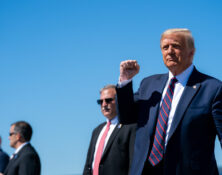
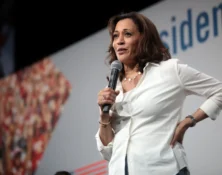
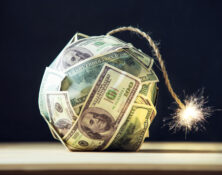
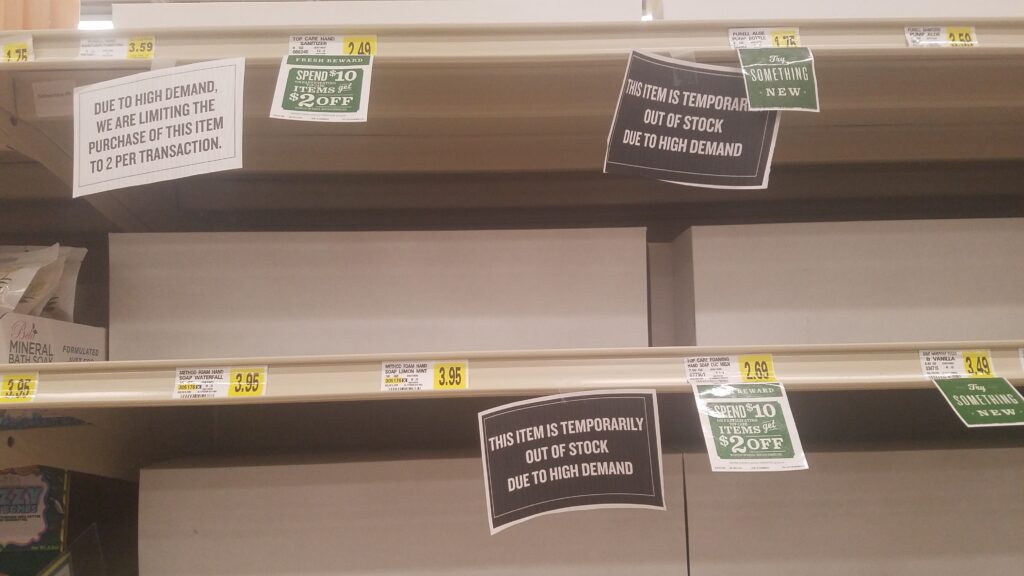

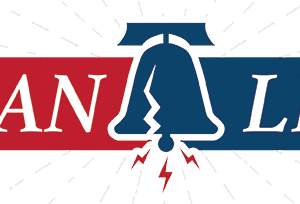




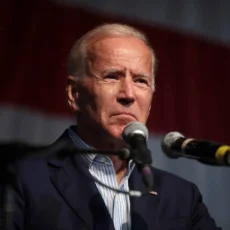
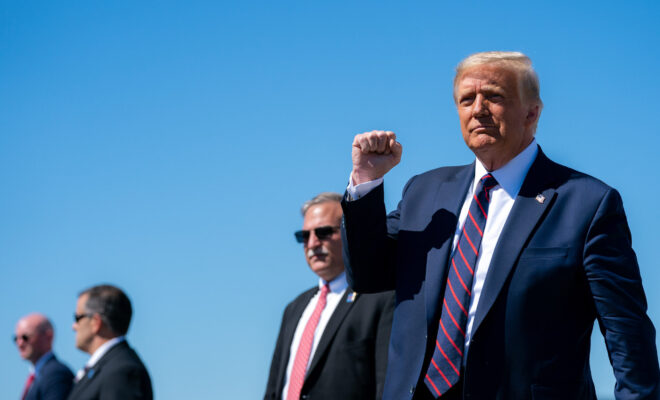
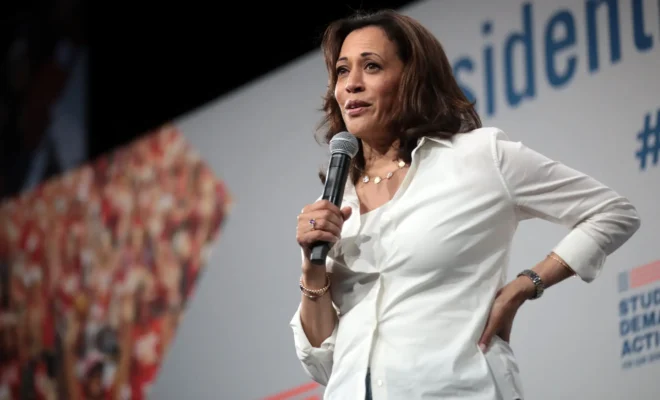



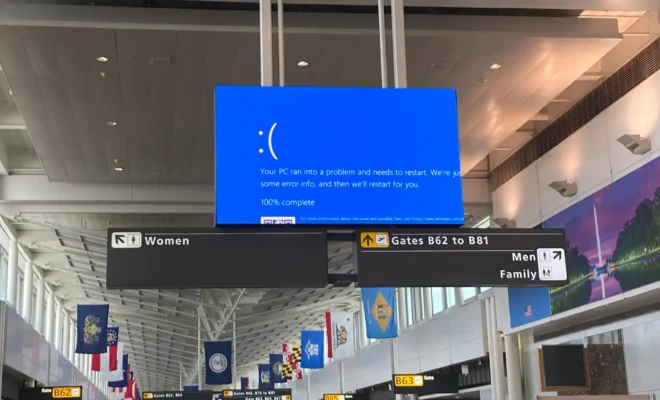
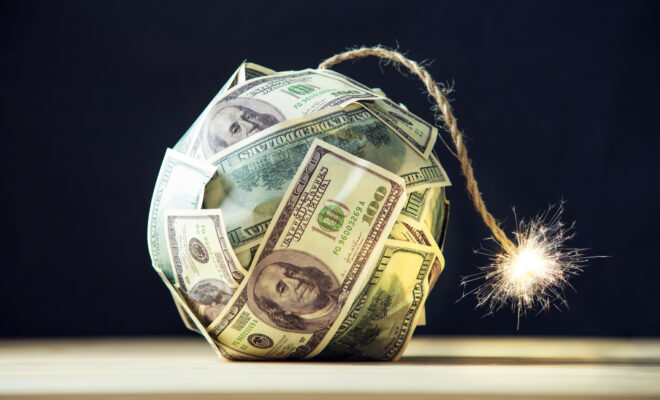

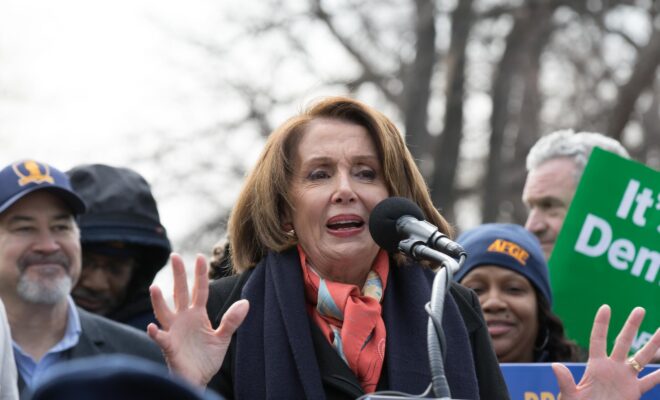


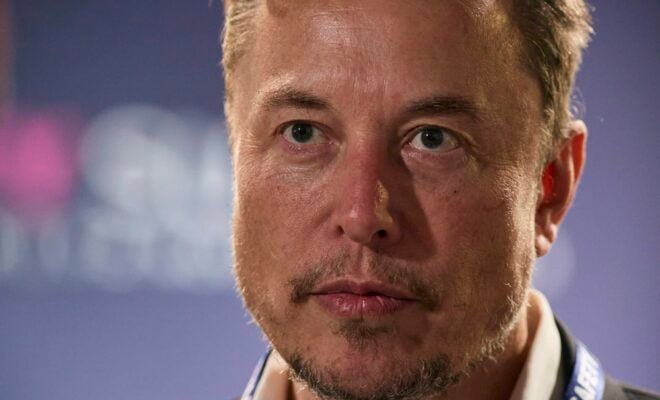
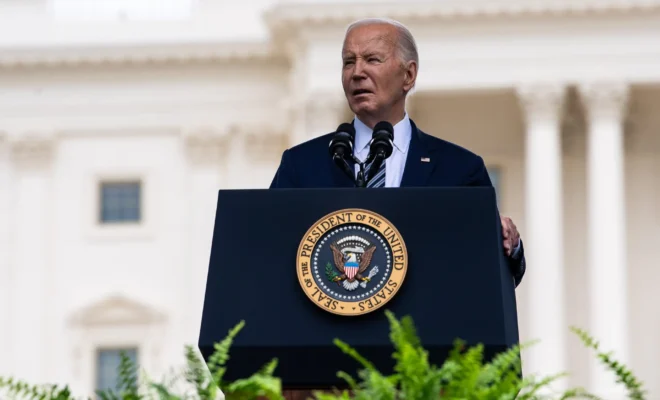
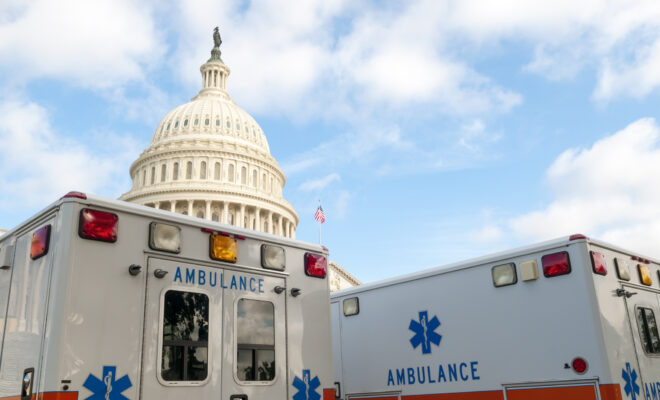





Sure would like it if the writers of these articles would also ‘tag’ who the President was – like “the highest inflation since Jimmy Carter” or some such. “in the last 40 years” doesn’t have the same reminder of democrat policies that always seem to drive up the inflationary cycle.